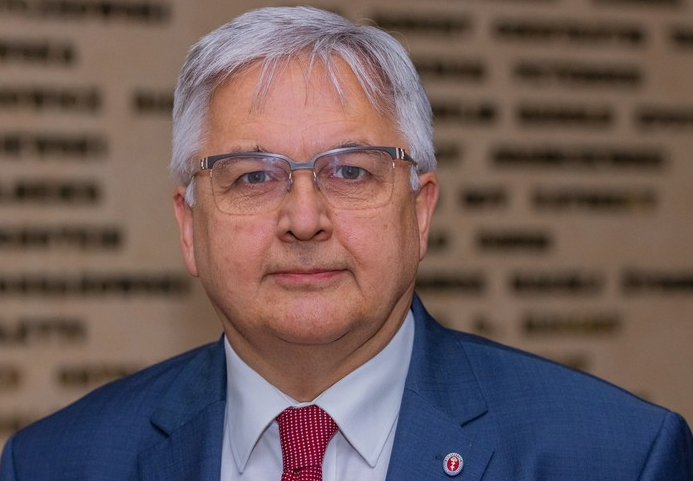Dr. Habil. Tomasz Smiatacz on the Climate Crisis Committee of the Polish Academy of Sciences
12.07.2023
The Presidium of the Polish Academy of Sciences (PAN) passed a resolution on the establishment of the Committee on Climate Crisis of the Polish Academy of Sciences on 4 July this year. The Committee on the Climate Crisis of the Polish Academy of Sciences has the task of informing society and the authorities about the dangers of climate change and proposing solutions to reduce and adapt to it. It included 26 experts from various scientific fields. Dr. Habil. Tomasz Smiatacz, Head of the Division of Infectious Diseases of the MUG, provincial consultant for infectious diseases, was also nominated.

The establishment of the Climate Crisis Committee is the Polish Academy of Sciences’ response to the growing challenges and threats posed by climate change, which is one of the most serious problems of the present day. The Committee has the ambition to become a reliable source of information and opinion on the climate crisis and a leader in social and scientific dialogue in this field.
The Committee’s tasks will include ongoing communication of the position of science on various aspects of the growing climate crisis, in particular, related to greenhouse gas emission reductions in Poland and adaptation to progressive climate change. In addition, the Committee will publish reports, analyses, and opinions on the national and global climate situation, as well as give interviews and make media appearances. Its members will work on developing recommendations, in line with the latest scientific knowledge, on climate policy and mitigation and adaptation measures needed at all levels of government and local authorities in the face of the climate crisis. The committee will advise authorities on planning and implementation of low-carbon development strategies, energy transition, biodiversity conservation, waste management, agriculture and forestry, transport and construction, education, and environmental awareness.
More information is available on the PAN website.
photo: Paweł Sudara/MUG